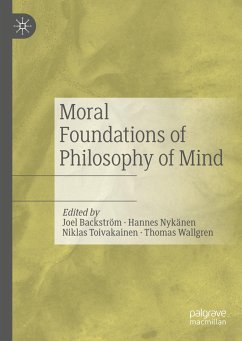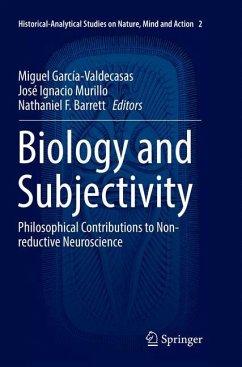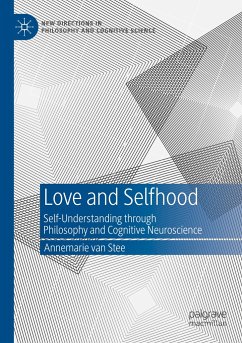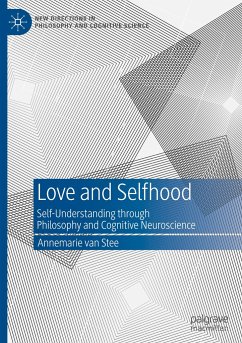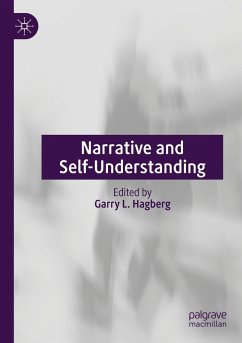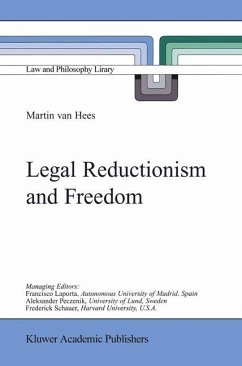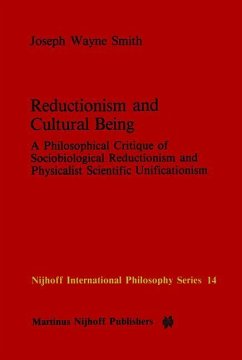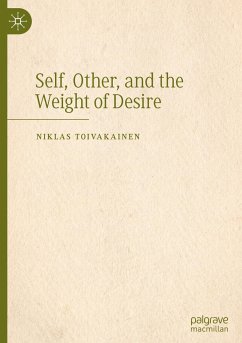
Moral Foundations of Philosophy of Mind
Versandkostenfrei!
Versandfertig in 6-10 Tagen
83,99 €
inkl. MwSt.

PAYBACK Punkte
42 °P sammeln!
This volume brings together a collection of essays that explore in a new way how unacknowledged moral concerns are integral to debates in the philosophy of mind.The radical suggestion of the book is that we can make sense of the internal dynamics and cultural significance of these debates only when we understand the moral forces that shape them.Drawing inspiration from a variety of traditions including Wittgenstein, Lacan, phenomenology and analytic philosophy, the authors address a wide range of topics including the mind/body-problem, the problem of other minds, subjectivity and objectivity, ...
This volume brings together a collection of essays that explore in a new way how unacknowledged moral concerns are integral to debates in the philosophy of mind.The radical suggestion of the book is that we can make sense of the internal dynamics and cultural significance of these debates only when we understand the moral forces that shape them.
Drawing inspiration from a variety of traditions including Wittgenstein, Lacan, phenomenology and analytic philosophy, the authors address a wide range of topics including the mind/body-problem, the problem of other minds, subjectivity and objectivity, the debates on mindreading, naturalism, reductive physicalism, representationalism and the 'E-turn'; Dennett's heterophenomenology, McDowell's neo-Kantianism, Wittgenstein's 'private language' considerations and his notion of an 'attitude towards a soul'; repression, love, conscience, the difficulties of self-understanding, and the methods and aims of philosophy.
Through a combination of detailed, immanent criticism and bold constructive work, the authors move the discussion to a new level, beyond humanistic or conservative critiques of naturalism and scientism.
Drawing inspiration from a variety of traditions including Wittgenstein, Lacan, phenomenology and analytic philosophy, the authors address a wide range of topics including the mind/body-problem, the problem of other minds, subjectivity and objectivity, the debates on mindreading, naturalism, reductive physicalism, representationalism and the 'E-turn'; Dennett's heterophenomenology, McDowell's neo-Kantianism, Wittgenstein's 'private language' considerations and his notion of an 'attitude towards a soul'; repression, love, conscience, the difficulties of self-understanding, and the methods and aims of philosophy.
Through a combination of detailed, immanent criticism and bold constructive work, the authors move the discussion to a new level, beyond humanistic or conservative critiques of naturalism and scientism.





